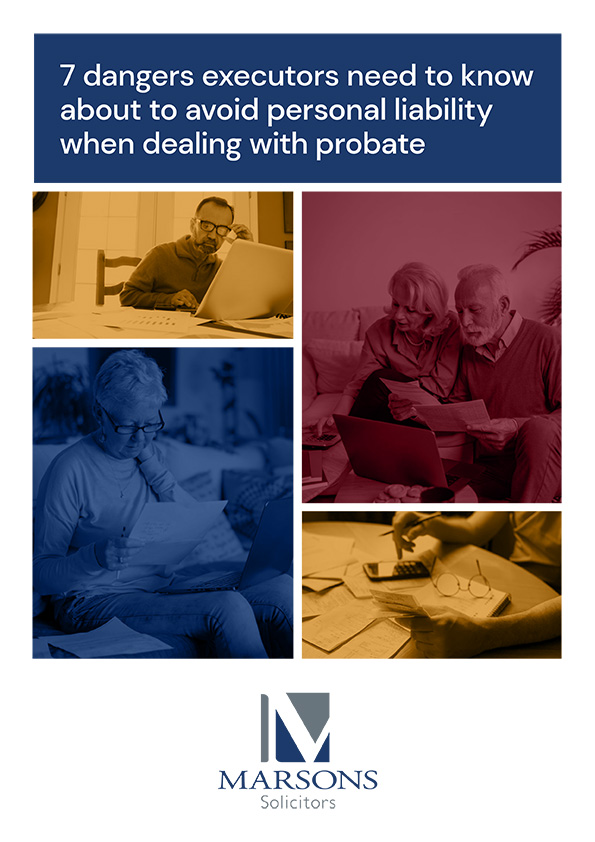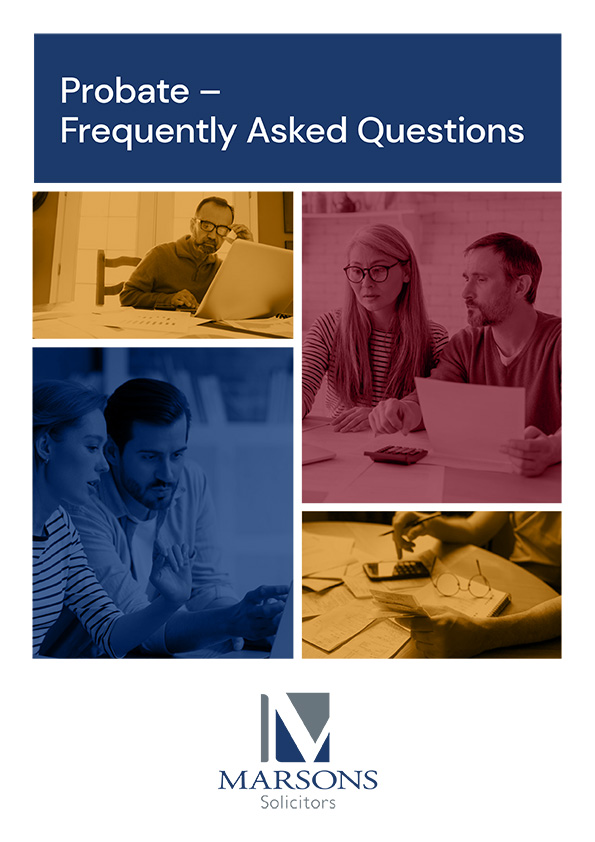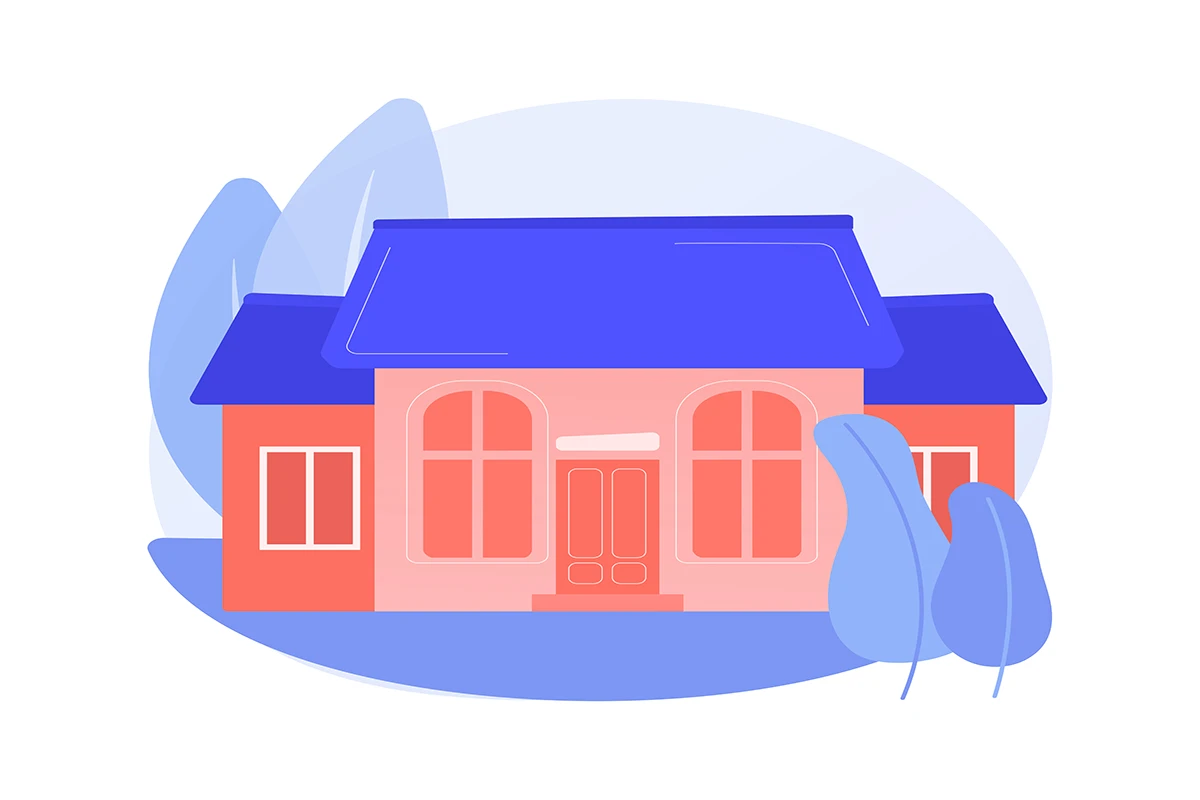Buying Your Freehold Under Collective Enfranchisement

Our top tips for buying the freehold of your building under collective enfranchisement
1. Why?
Owning the freehold under collective enfranchisement means flat owners have control over the management of the building or as to which management company they want to manage the building for them. And you can do away with ground rent.
If you own a share in the freehold, your flat may be more attractive to buyers easier to sell.
2. How much do we pay?
The price for the freehold depends on a number of factors such as the length of unexpired terms of the leases, the value of the ground rents and the frequency with which they are reviewed. You will also have to pay fees to the solicitors and the valuers, the freeholder's costs, and the cost of forming a new company. As this is a conveyancing transaction, there will also be other payments to third parties such as Land Registry fees, fees for searches, and Stamp Duty. If the claim to enfranchise has to be referred to the First-Tier Tribunal when negotiations with the freeholder break down, there will be additional costs.
3. Do we need a company?
We do recommend this, particularly where there are more than 4 flats in the building. It would be a company limited by shares and each participating leaseholder would own a share in the company.
4. How to start
· Form a committee (dependent on how many leaseholders are involved)and choose the people who you all agree on to take the lead with the solicitors, valuers and freeholders
· Instruct a solicitor
· Instruct a valuer
· Consider a "Participation Agreement" to ensure there is a binding commitment once all the facts are known in terms of costs and the process. This agreement will set out how the costs and the price of the freehold will be divided between flat owners and what happens if a leaseholder drops out.
Resources
7 Dangers Executors Need to Know










